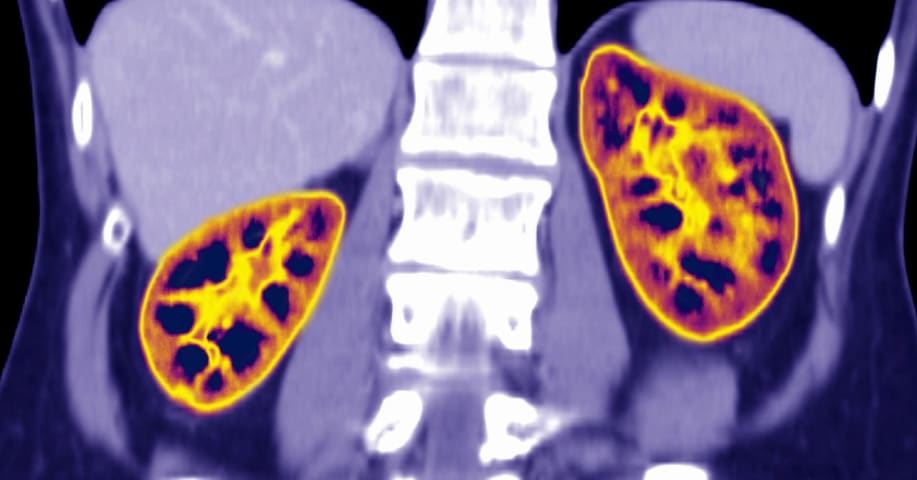Entities
View all entitiesCSETv1 Taxonomy Classifications
Taxonomy DetailsIncident Number
124
Risk Subdomain
1.1. Unfair discrimination and misrepresentation
Risk Domain
- Discrimination and Toxicity
Entity
AI
Timing
Post-deployment
Intent
Unintentional
Incident Reports
Reports Timeline

Care for some of the sickest Americans is decided in part by algorithm. New research shows that software guiding care for tens of millions of people systematically privileges white patients over black patients. Analysis of records from a ma…

A widely used algorithm that predicts which patients will benefit from extra medical care dramatically underestimates the health needs of the sickest black patients, amplifying long-standing racial disparities in medicine, researchers have …

An algorithm widely used in US hospitals to allocate health care to patients has been systematically discriminating against black people, a sweeping analysis has found.
The study, published in Science on 24 October, concluded that the algor…


Millions of dollars are being spent to develop artificial intelligence software that reads x-rays and other medical scans in hopes it can spot things doctors look for but sometimes miss, such as lung cancers. A new study reports that these …

Artificial intelligence and medical algorithms are deeply intertwined with our modern health care system. These technologies mimic the thought processes of doctors to make medical decisions and are designed to help providers determine who n…

Artificial intelligence (AI) and algorithmic decision-making systems — algorithms that analyze massive amounts of data and make predictions about the future — are increasingly affecting Americans’ daily lives. People are compelled to includ…
Variants
Similar Incidents
Did our AI mess up? Flag the unrelated incidents
Similar Incidents
Did our AI mess up? Flag the unrelated incidents









